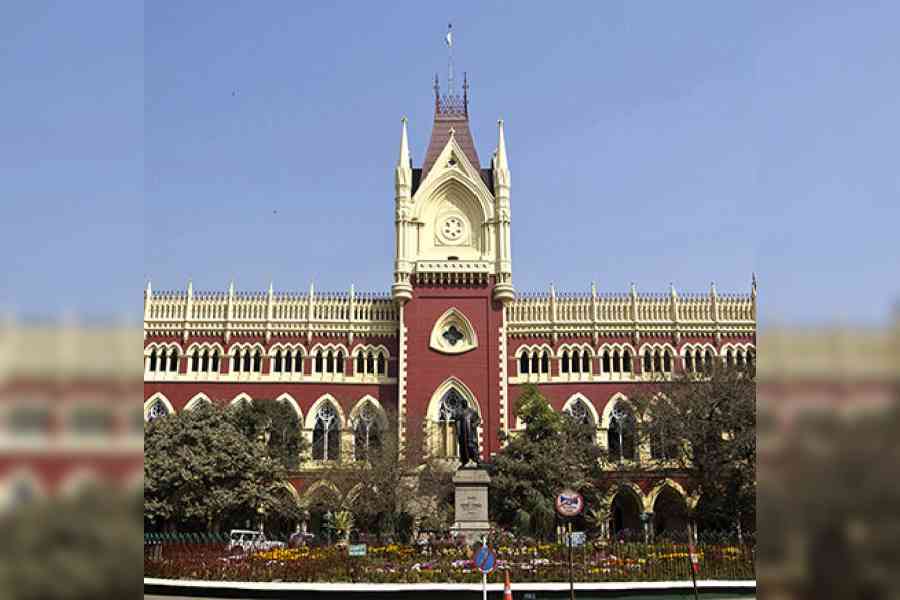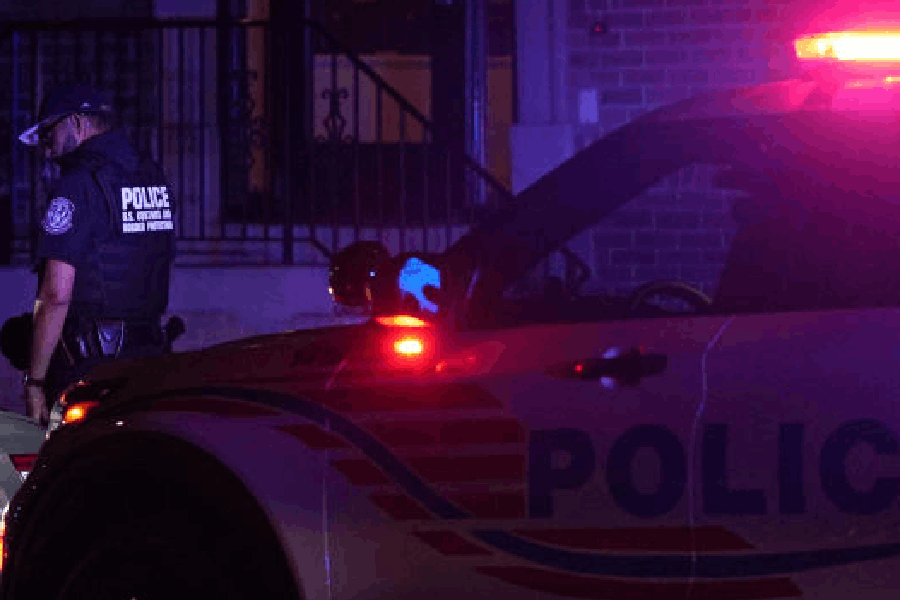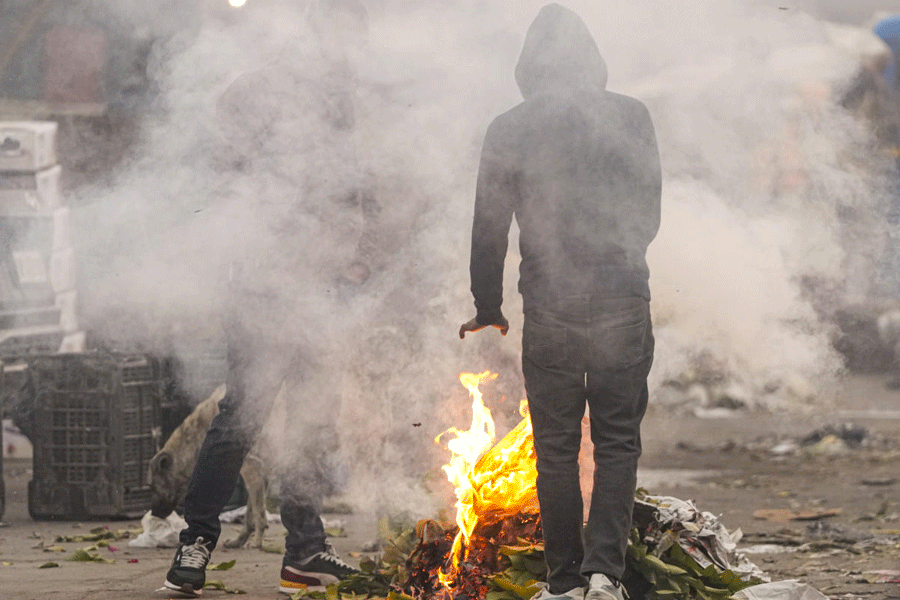The high court on Thursday granted interim bail to Sharmistha Panoli, the 22-year-old law student arrested for posting allegedly offensive content on social media.
A single-judge vacation bench of Justice Raja Basu Chowdhury asked Panoli
to furnish a bail bond of ₹10,000 and cooperate with the investigation.
Panoli has been asked to refrain from using social media for three months. The judge said she cannot leave the country without permission from a lower court. She can go to Pune, where she studies.
“Taking note of the Supreme Court judgment in the Arnab Goswami case, I am of the view that it is the obligation of this court to consider ad-interim bail. At this stage, there is no necessity for any custodial interrogation. Thus, bail is granted,” Justice Basu Chowdhury said.
Maharashtra Police arrested Goswami in an alleged abetment to suicide case in November 2020. Bombay High Court denied him bail. The apex court granted it.
Panoli was arrested in Gurugram on May 31, Kolkata Police said in the case diary submitted to the court on Thursday. A case was lodged against her based on a complaint at Garden Reach police station on May 15.
A video she posted on social media allegedly contained inflammatory language and communal overtones.
A Gurugram court sent her to Bengal on transit remand. On June 1, an Alipore court sent her to judicial custody. On Tuesday, another single-judge vacation bench refused her bail. Justice Partha Sarathi Chatterjee had asked the police to submit the case diary by June 5.
On Thursday, the judge cited Panoli’s age and academic future while granting the relief. He directed the police to ensure Panoli’s safety. The social media influencer alleged a series of threats and said she had filed a police complaint.
Her parents reportedly took her to Gurugram, fearing for her security.
“Kolkata Police are also directed to take steps on the complaint lodged by the petitioner against those who had threatened her with dire consequences. The police should render appropriate protection to the petitioner,” the judge said.
He also noted some “discrepancies” in the case diary, without elaborating.
“I, however, note that... one of the primary challenges is the complaint not disclosing any cognisable offence, and there is nothing in the complaint that will transpire as to the exact words spoken by the petitioner,” he said.










